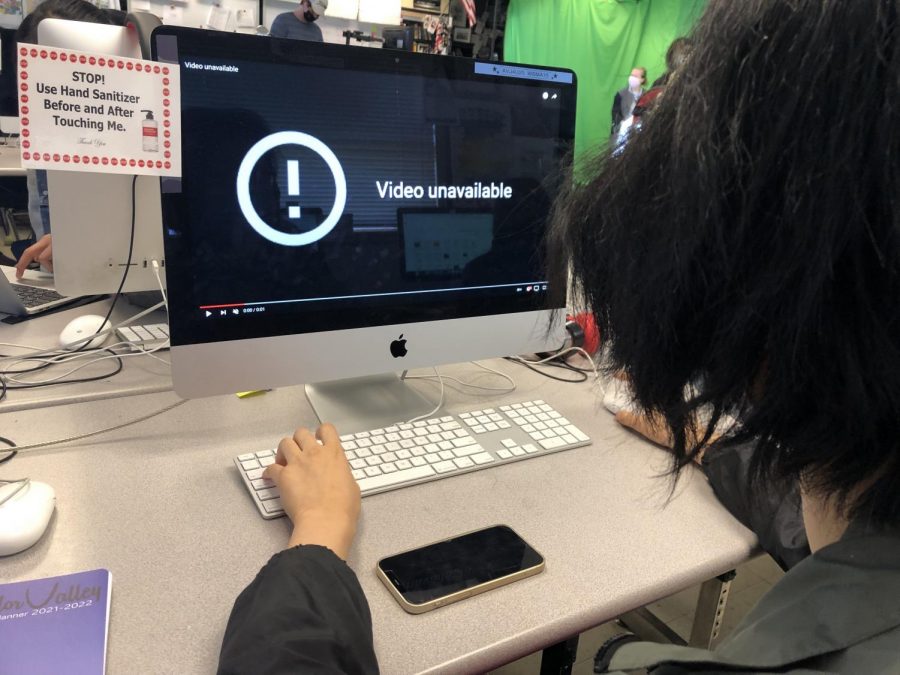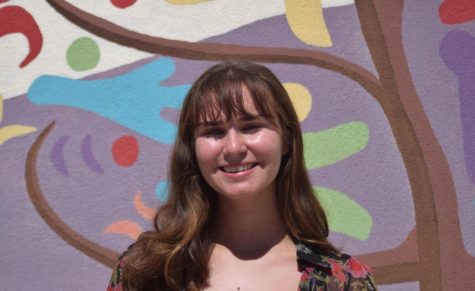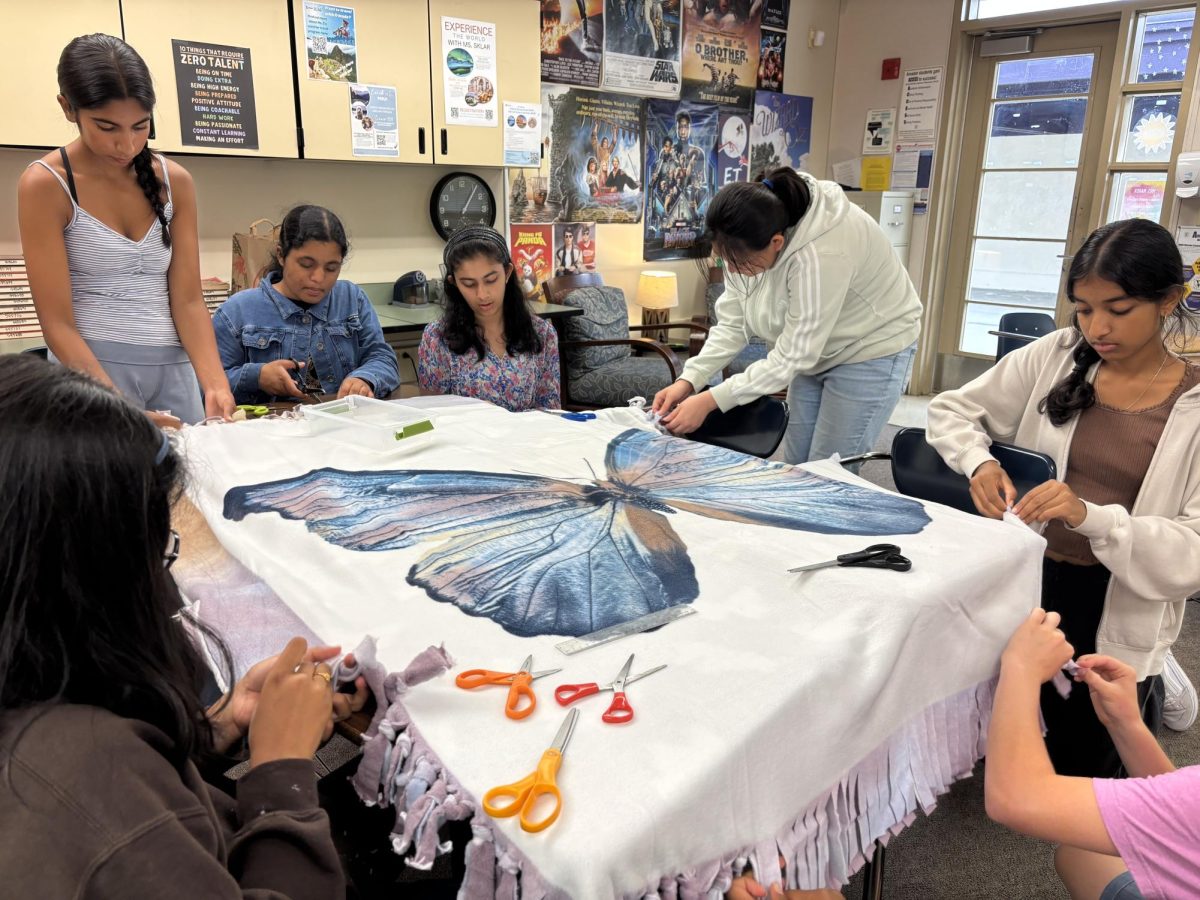YouTube banned all anti-vaccine content: why it doesn’t violate the First Amendment
Videos on the fake theories and news on the COVID-19 vaccines can no longer be found on YouTube.
October 11, 2021
YouTube banned all anti-vaccine content on their site, and contrary to popular belief, the free speech portion of the First Amendment is not violated.
“YouTube is not the government, it is a private entity. They can set whatever standard they want. They have no constitutional right to spread truth or untruth on YouTube, it is a privilege of the terms of service that you implicitly sign up for,” said Civics and AP Psychology teacher Mark Kushner.
The First Amendment protects Americans from the possibility of government interference, censoring free speech, press, and religion. By YouTube banning misinformation and conspiracy theories from public access, it preserves the science and truth: vaccinations can protect and slow the spread of COVID-19.
“There’s a lot of evidence that in the digital age, misinformation, conspiracy theories, all these untruths, proliferate faster and linger longer in the digital sphere than does truth. You see a variety of platforms take it upon themselves, saying ‘we have an interest in pursuing the social good, and if we have this power to limit sheer nonsense, then that’s our role in society,’” said Kushner.
Does every perspective deserve equal access online?
While everyone deserves to speak their truth and what they believe, conspiracy theories that set back vaccination rates and discredit the science of vaccines have the opportunity to be restricted. Individual rights and liberties are never unlimited.
“I think that the algorithm should show a variety for each side but I found that on YouTube it’s easy to get sucked into a specific niche. I think America should be very open to conversation because we’re kind of build on the idea of accepting and being a democracy … if you’re not talking about something it kind of implies that there’s a problem. I think it’s more about the potential of what the conversation could bring,” said Jacinta Richardson (‘22).
As seen in the past, speech that limits or harms the good of society can be silenced. After the attack of the capitol in the early stages of 2021, Twitter permanently suspended the former president’s Twitter account, @realDonaldTrump, due to the “risk of further incitement of violence.” In this case, researchers have claimed that anti-vaccination information has proved to be a factor in vaccine hesitation, slowing the number of Americans getting vaccinated.
“Personally I feel like the information and misinformation spreading on these media websites often prevent a lot of positive reinforcement of the law and different mandates for different states. Obviously you have your own freedom to express yourself and freedom to express your own opinion, however once that begins to bleed into the effectiveness of legislation and the individual rights of other people then it becomes an issue and should be regulated,” said Tom Li (‘22), a Comp Civics student.



